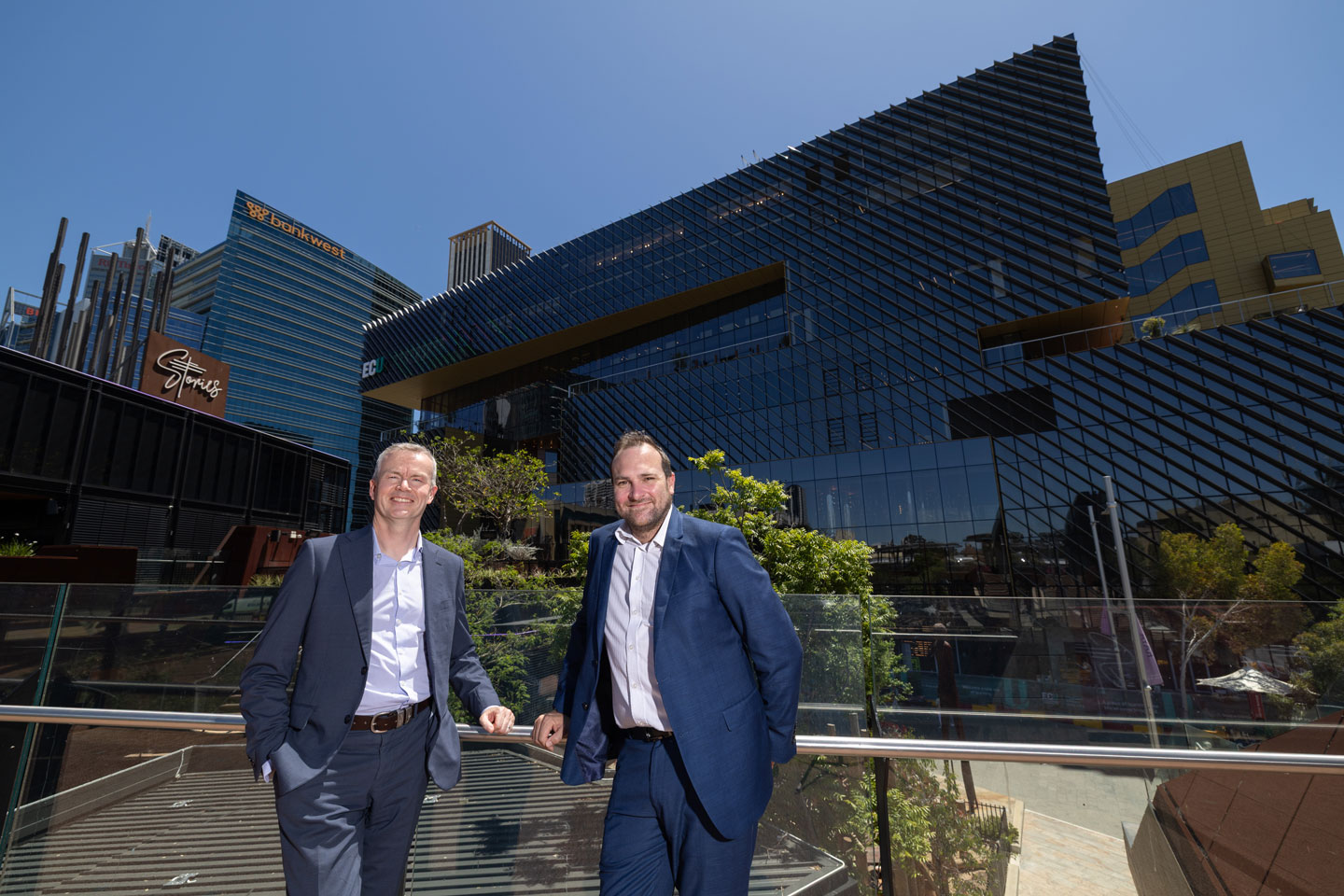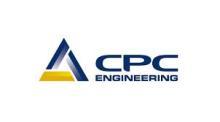

Donald Cant Watts Corke (DCWC) has built a six-decade reputation for delivering end-to-end project services, combining project and cost management across multiple sectors with numerous high-profile projects. “I’m really proud of what we do here,” director of project management Craig McNair said.
Executive director for WA and NT and long-time cost manager Neil Dickson said the firm’s dual capability sets DCWC apart. “We’ve been well-known for cost management for 60 years. We’re proud of that. But we’re also delivering project management and superintendent services across projects” he said.
DCWC’s work spans industries including aged care, aviation, community infrastructure, education, health, sport and leisure, and student accommodation, supporting organisations of all sizes.
In Western Australia, the team has been involved in some of the state’s most complex and high-profile developments. Cost management projects include the ECU City Campus, Perth Airport’s third runway and the Terminal 2 expansion, the Perth Concert Hall redevelopment, Peel and Bunbury hospital redevelopments, the Australian Hockey Centre at Curtin University, and the new WA Film Studios in Malaga.
Project management projects include the WACA redevelopment, Murdoch University’s Boola Katitjin building, Switch, a purpose-built student accommodation, East Fremantle Oval redevelopment, Woodside Care Precinct, and the NextDC data centre.
A broader role in WA’s major projects
At Murdoch University, DCWC delivered project management and superintendency services for the new Boola Katitjin academic building – a massive mass-engineered timber frame structure built during a challenging COVID-affected period.
The WACA redevelopment includes multiple components – the grandstand, aquatic centre and museum. DCWC provided project management and superintendency services across all portions of the project, due for completion at the end of the year.
“We’ve lived the full journey of these projects – from feasibility and approvals, through procurement and construction, to handover. Our job is to bring structure and certainty to the process, making sure the client’s vision is delivered,” Craig said.
The firm has worked on smaller local government and community projects, including regional recreation facilities and public libraries. “We do a lot of community enhancement projects across local government,” Craig said.
“We’re proud of how we’ve managed to add value to community-driven projects. Our understanding of local government processes and protocols means we’re robust in the work we do. We have successful outcomes for local government projects due to our robust approach and understanding of procurement processes and delivery models.”
Why clients turn to integrated services
Both directors said DCWC’s privately owned structure and senior involvement throughout a project lifecycle are key advantages to engaging with them.
“The benefit of working with us is we’ve got directors involved from day one. Clients get advice from people who’ve been doing this for decades, and we stay involved through to delivery,” Neil said.
Craig said the multidisciplinary model is a drawcard. “When you’ve got cost managers and project managers working together from the start, you pick up risks early to allow you the best possible opportunity to align scope, program and cost. The approach is collaborative and effective. . The client doesn’t have to go to multiple firms and hope they all talk to each other – we do that internally. That’s a real value add.”
Neil added: “Clients will always need a project and cost manager to help them realise their need or help them with their problem. Whether we offer a combined services or soley project or cost management, our approach, enthusiasm and commitment remains the same.”
DCWC also provides risk planning and procurement services, giving clients a single point of responsibility. “We can tailor our services to give a robust, multidisciplinary approach to a single project,” Craig said.
Navigating industry pressures
Like the rest of the construction industry, DCWC is working through supply chain volatility, labour shortages and pressure on procurement models.
“Every project right now is feeling the impact of cost escalation and stretched resources,” Neil said. “Our role is to give clients realistic cost plans and advice that reflects what’s happening in the market.”
Craig said early engagement is critical. “If we’re brought in late, a lot of the risk has already been baked into the design and the budget. When we’re involved from the start, we can shape procurement strategies and manage expectations before it becomes a problem.”
The firm is also embracing technology, increasing its use of digital project controls, real-time reporting and AI tools for cost planning. “We’re trialling AI internally and using it for proposals and our cost database,” Neil said. “It’s about using it intelligently, but it won’t replace the experience we bring.”
Looking ahead
With investment continuing in defence, aviation, higher education and healthcare, DCWC sees strong demand for integrated project services in WA.
“The pipeline is strong,” Neil said. “We’re seeing more private sector clients wanting project managers who understand commercial drivers, not just government contracts.”
DCWC plans to continue growing its project management team while retaining its core strength in cost management. “We’ve been known for cost for 60 years. We’re proud of that. But we’re also delivering project management from concept to completion – and we want people to know that,” Craig said.








